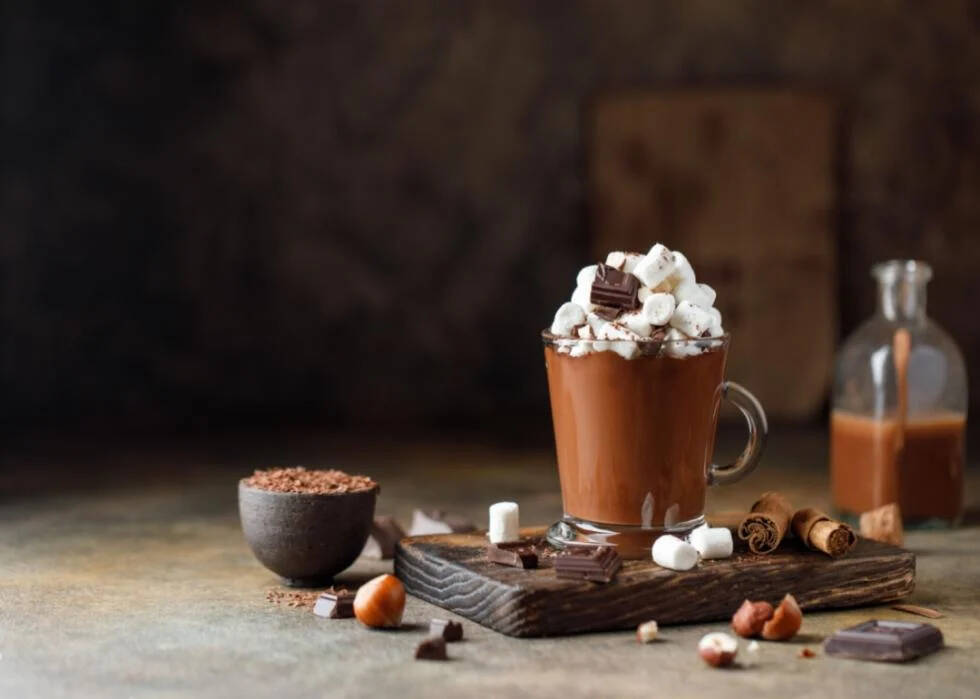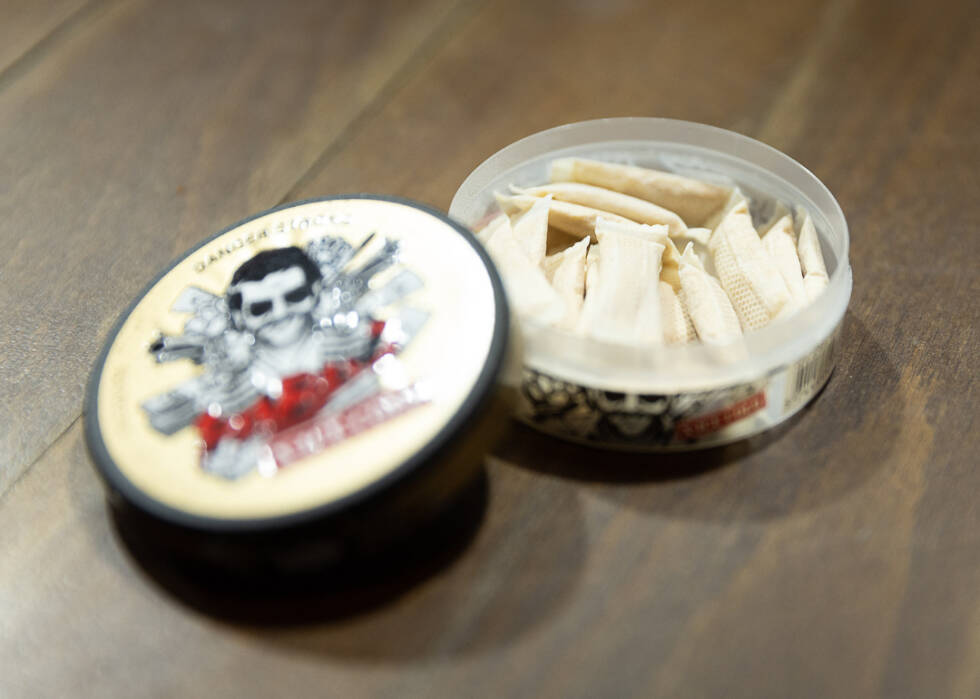The winter holiday season is officially on the horizon. With it, the season promises cosy evenings spent with friends and family.
And, with pets often a beloved family member, many cats and dogs are also closely involved in these holiday celebrations.
But before families go all out with the decor and preparations, it’s worth taking a moment to consider safety. Many common holiday staples pose unique risks to the pets in your life.
For instance, the American Society for the Prevention of Cruelty to Animals reports that in 2021, it helped more than 401,000 animals affected by accidental poisoning, electrocution and other risks especially present this time of year.
Coupled with many pet parents being distracted by holiday entertaining or the chaos of preparing for family gatherings, accidentally exposing their pets to hazardous items can bring potentially devastating effects.
Luckily, there are preventive measures that you can take to keep the pets in your life happy and healthy during the holidays, no matter how many hectic schedule changes come your way. To be extra prepared, save phone numbers for your veterinarian’s clinic or visit the local SPCA website to learn more.
To help keep your furry friends safe, Ollie compiled information from the ASPCA, FDA and other accredited organizations on household hazards common to the holiday season and smart alternatives to keep your pets safe as you celebrate this year.
Tinsel, ribbon and ornaments
As adorable as watching your pets play with holiday staples like ornaments, ribbons and tinsel can be, they mustn’t ingest them. Chewing on these stringlike products can cause serious intestinal damage.
If one end gets stuck, it can induce contractions that cause ribbons or tinsel to seriously damage pet intestines. Pets can quickly show symptoms, so look out for signs of vomiting, diarrhea, depression, pain in the belly and fever.
Plants toxic to dogs or cats
Numerous plants traditionally associated with the winter holidays are unfortunately toxic to pets, particularly cats and dogs. This includes American holly, poinsettias and lilies. Luckily, the widespread availability of faux plants in stores and online can help you achieve a seasonal botanical look without risking your pets’ health.
Alcohol- or cannabis-infused goodies, chocolate
Alcohol-infused sweets are doubly dangerous for pets. Alcohol toxicity is a common pet poisoning that can occur due to ingestion, skin absorption or inhalation. Cannabis-infused items can also create significant issues.
Although cats rarely eat enough chocolate to cause clinical symptoms because they do not have sweet taste buds, it contains two toxic components to dogs (caffeine and theobromine) that can lead to vomiting and diarrhea, and in more severe cases, coma and death.
Salt and yeast doughs
Keeping an eye on your cats and dogs during holiday baking is key. When ingested by pets, unbaked yeast dough can induce potentially dangerous bloating and painful gas.
Baked goods with enough salt can also be easily mistaken for salty dog treats, causing your pets to ingest high levels of sodium, which can result in seizures or even death.
Electric lights, candles and oil lamps
Although cosy lighting can set the perfect holiday mood, be careful that the ones in your home don’t harm your fur babies.
Wires from electric lights can deliver potentially lethal electric shocks. At the same time, an unattended candle could be knocked over by a pet’s paw or tail, causing a fire or potential burns.
Meanwhile, the essential oils present in many oil lamps are typically dangerous for cats and can cause gastrointestinal upset or central nervous system depression. To be safe, opt for 100 per cent beeswax candles and use an air purifier.
Medications
If you have loved ones visiting from out of town, remind them to keep medications out of sight and within reach of pets.
Over-the-counter medications consistently rank among the top, if not the No. 1, pet toxin in the last few years, according to the ASPCA, with common medications like vitamins, ibuprofen and supplements all posing a danger to your furry friends.
Vape devices and nicotine pouches
Nicotine patches and other tobacco products have the potential to cause severe vomiting, a decrease in blood pressure and in extreme cases, death.
Meanwhile, the ASPCA reports the amount of nicotine in e-cigarette liquids used to recharge e-cigarettes and vapes have enough nicotine in them to kill a dog if its contents are ingested. To keep your pets safe, keep all of your tobacco products out of their reach.
Table scraps
As tempting as it can be to give in to your pet when they’re begging to share your food, doing so can be deadly.
Human food accounted for 16 per cent of ASPCA’s poison control centre calls last year. Foods often mistakenly ingested by pets include protein drinks and bars, xylitol gums, grapes, onions and garlic. To stay safe, you can check the ASPCA’s complete list of hazardous foods beforehand.
Story editing by Carren Jao. Additional editing by Kelly Glass. Copy editing by Paris Close. Photo selection by Lacy Kerrick.
This story originally appeared on Ollie and was produced and distributed in partnership with Stacker Studio.
To get the week’s latest must-read stories from the cannabis world direct to your inbox, sign up for our weekly newsletter at canadianevergreen.com. You can also follow us on Facebook, Instagram and Twitter.



